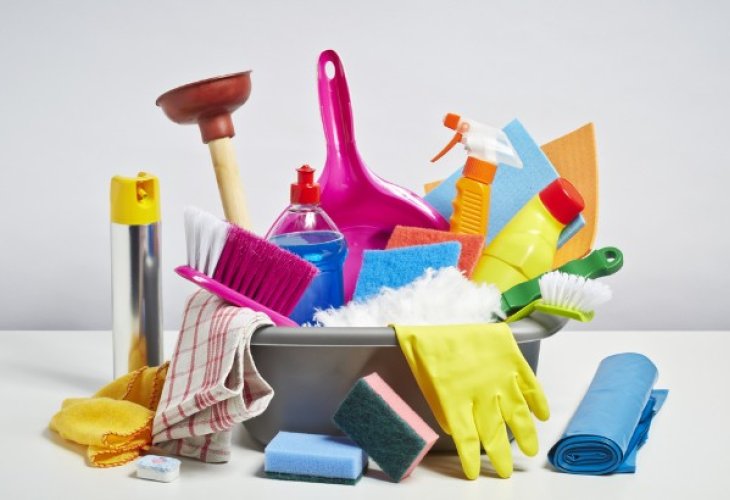Jewish Law
How Much Should You Really Clean for Passover? A Halachic Guide to Doing It Right
Understanding what the Torah requires, so you can celebrate Pesach with joy, not exhaustion
 (Photo: shutterstock)
(Photo: shutterstock)Every year my husband and I argue about how much cleaning is truly necessary for Pesach. He says I go overboard, while I say I’m just cleaning the way my parents always did. Can the Rabbi please clarify what, and how much, really needs to be cleaned?
* * *
There is a positive Torah commandment to remove all chametz (leaven) from one’s possession before the time when eating it becomes forbidden. As it says (Shemot 12:15): “But on the first day you shall remove leaven from your houses.”
To ensure this, the Sages instituted bedikat chametz — the search for chametz, to be performed on the night of the 14th of Nisan, so that any chametz found can be burned before the time of prohibition.
The early halachic authorities wrote that one must clean and sweep the rooms thoroughly before the search, to ensure no crumbs are left. Below is a practical summary of what this means — especially for the devoted women who labor tirelessly to prepare their homes for Pesach.
Spring Cleaning vs. Halachic Cleaning
First and foremost, we must distinguish between halachic Pesach cleaning and general spring cleaning. Pesach cleaning focuses only on eliminating chametz. Deep cleaning unrelated to chametz can be done at another time of year.
Excessive cleaning often leads to exhaustion, preventing women from fully participating in the Seder night, including the mitzvah of eating matzah which is a Torah obligation. Too often, “on this night unlike all other nights,” the mother of the house falls asleep at Kiddush from sheer fatigue.
How to Clean According to Halacha
Windows
Polishing every window in the house is not required. You can save deep window cleaning for another occasion. A light cleaning, especially in children’s rooms where chametz is likely, is appropriate.
Whitewashing or Painting Walls
There is no obligation to repaint or whitewash before Pesach.
True, the Ben Ish Chai mentions a custom to do so, but most later authorities say this is only a custom, not a halachic requirement. If it causes unnecessary stress or expense, it’s best to delay it.
Books
Many people remove and dust hundreds of books before Pesach — but this is unnecessary. Most authorities rule that books do not require checking, except for prayer books and bentchers that may contain crumbs. Those should be cleaned or included in the sale of chametz. Even those who are strict (like the Chazon Ish) should cover the bookshelves and sell them with the chametz — not shake out every book.
Tallit (Prayer Shawl)
Some women wash multiple tallitot before Pesach, often at the last minute. This is not required — dirt or stains are not chametz, and even grease is not chametz.
However:
Best practice: Wash or dry-clean in advance, long before the holiday rush.
If the tallit is still respectable and clean, there is no halachic reason to wash it again.
If you prefer it spotless and can afford dry cleaning this is fine; otherwise, wait until after the holiday.
Oven
If you do not use your oven on Pesach, a basic cleaning is sufficient. It does not need to be scrubbed to perfection. If you plan to use the oven on Pesach, the laws of koshering it are subject to halachic debate — consult a qualified rabbi for guidance.
A Word of Balance
Pesach preparation is a mitzvah, but so is peace of mind and joy in performing the commandments. The goal is not to make your home spotless, but to make it free of chametz — physically and spiritually.
The true beauty of Pesach comes not from polished windows or painted walls, but from sitting at the Seder table with peace, clarity, and joy — ready to celebrate freedom as the Torah intended.

